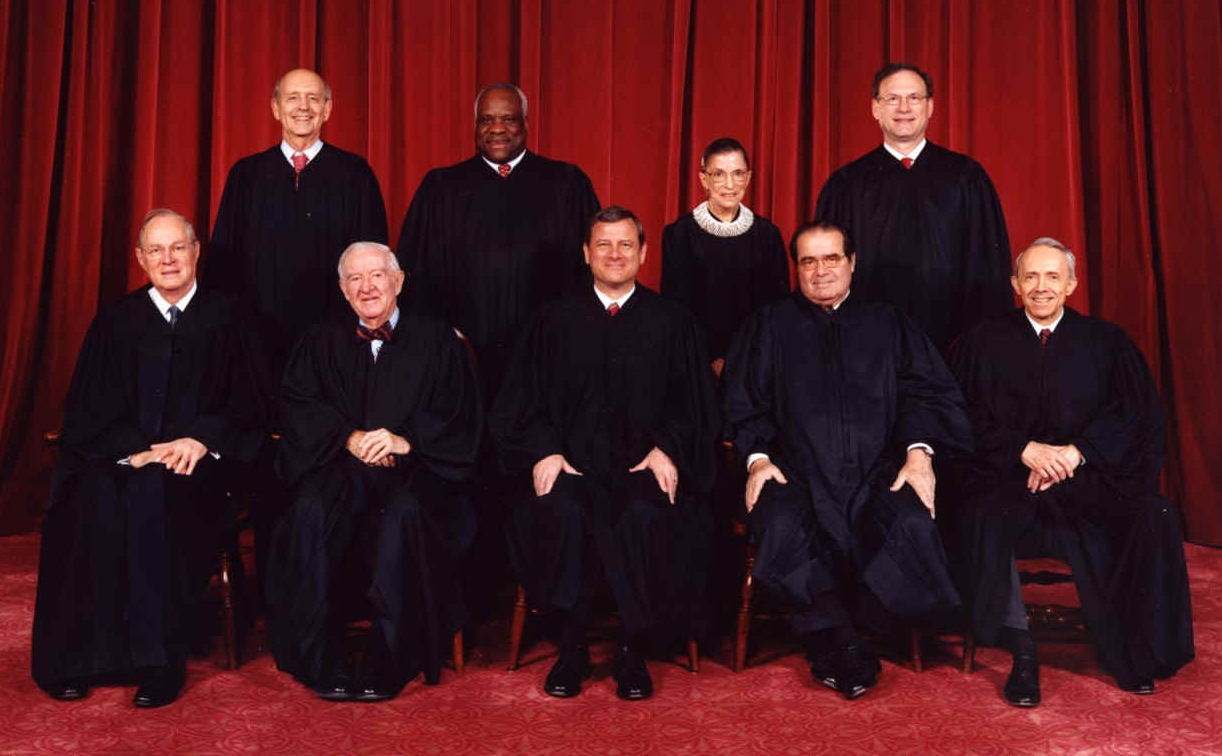
Supreme Court To Hear Major ADR Case Today
November 7, 2007

[Image: Photo of Justices of the U, S, Supreme Court, March, 2006]
Today, the U.S. Supreme Court will hear oral argument in the most important ADR case of the year, and one that could have a major impact on healthcare dispute resolution for years to come. Hall Street Associates, L.L.C. v. Mattel, Inc., 196 F. App’x 476 (9th Cir. 2006), cert. granted, 127 S. Ct. 2875 (May 29, 2007), is not a healthcare case, but one arising from a commercial transaction in which the parties entered into a post-dispute agreement to arbitrate. In particular, their arbitration agreement provided that the federal district court could vacate, modify or correct the arbitrator’s award to correct legal or factual error, grounds not expressly stated in the Federal Arbitration Act
(“FAA”). The legal issue presented for decision, on which the Circuit Courts of Appeal are divided, is whether the FAA precludes parties from providing for more expansive judicial review of an arbitration award than the narrow scope of review specified in the FAA (under which awards can be vacated only when obtained by fraud or arbitrator misconduct, or if in excess of the arbitrator’s authority).
The legal arguments on both sides of this case are well crafted and quite interesting. Ross Runkel, in his Law Memo, provides a summary, instant access to all of the briefs, and other sources. Sarah Cole, writing in Indisputably, handicaps the outcome and favors the argument for parties’ expansion of judicial review of arbitration awards. On the law she may be right, but I hope her pick is wrong.
There are enough arguments based on legislative intent, case law and statutory construction to support an outcome on either side of this case. My view is a simpler and more practical one. If the Supreme Court, in effect, tells all of the lawyers in America that they can assure that their clients’ interests can be “fully protected” in arbitration by drafting an expanded provision for judicial review, that is what America’s lawyers will do. Indeed, some might consider it malpractice to do otherwise.
In an industry like healthcare, which is just starting to understand and realize the benefits of alternatives to traditional litigation, the widespread expectation of “enhanced arbitration” would make it even harder to get conflicts resolved quickly and efficiently. That is a change I would rather not see.
